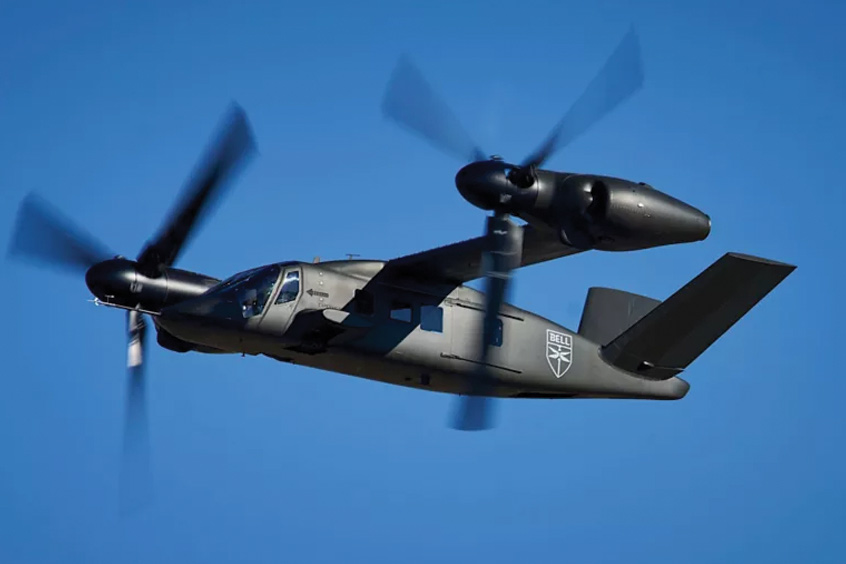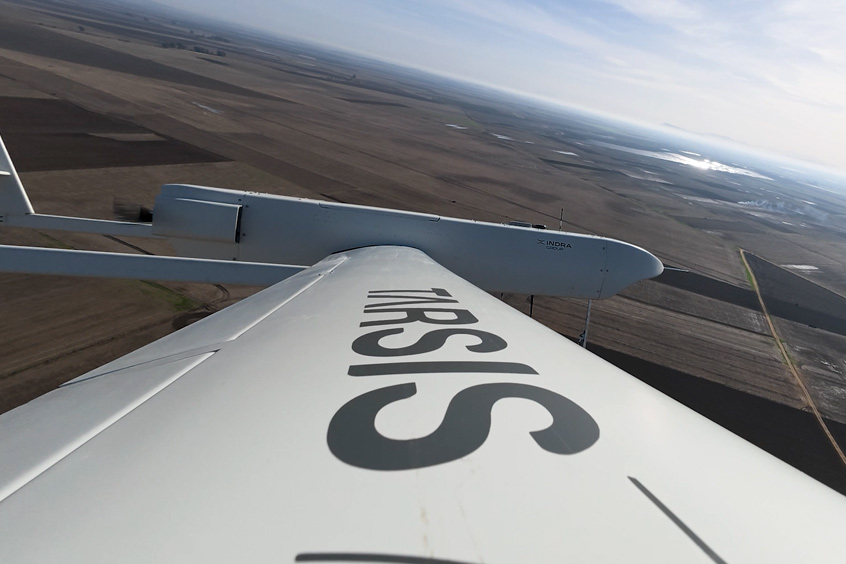PRESS RELEASE
Issued by: DLR - German Aerospace Center
Emission-free flying is the major goal of civil aviation. Zero emissions in the sky can be achieved in the long term, for example, by converting hydrogen into electricity and thus the environmentally friendly electrification of the drive. The German Aerospace Center (DLR) and MTU Aero Engines are relying on a fuel cell drive train that they want to jointly develop and validate. A Do228 serves as a flight demonstrator. On August 5, the partners at the DLR site in Oberpfaffenhofen signed a Memorandum of Understanding (MoU).
The letter of intent was signed by Prof. Rolf Henke, member of the DLR board of directors for aeronautical research and technology at DLR, and Lars Wagner, board of directors for technology at MTU. "Although great progress has been made in the last few years on issues relating to the performance and service life of fuel cells, there is still a considerable need for research into use in aviation," explained Prof. Rolf Henke. "The joint project now planned by research and industry is the first of many steps towards zero emission aviation." Lars Wagner commented: "From today's perspective, the fuel cell in connection with sustainably produced hydrogen has the greatest long-term potential for emission-free air traffic enable. Sufficient performance and range for regional,
In order to develop and validate this, the partners intend to equip a Dornier 228 aircraft with a hydrogen-powered fuel cell and a one-sided electric propeller drive in the power class of over 500 kilowatts of shaft power and test it in flight. With the exception of water, fuel cells cause no emissions and are characterized by a high degree of efficiency. The aim of the joint technology project is to develop a complete drive train suitable for aviation (power line) and its cooling (cooling line). The electrification of the drive train is a core technology that is used to prepare a flying fuel cell-based drive train. The partners are aiming for the first flight of the Do228 demonstrator from 2026.
The flight project is managed by DLR, which provides and operates the test aircraft. The DLR is also responsible for the integration and qualification of the drive train. The research facility contributes further know-how in the field of flight testing, aircraft aerodynamics and aerodynamics. As a partner to industry, DLR is bringing its overall system expertise to the joint project. MTU's job is to develop the entire hydrogen-powered fuel cell drive train. All work and the integration are carried out jointly and in close coordination. Up to 80 experts should be involved.
Henke emphasised: "The flying test platform will provide important knowledge for the further development of electric and hybrid-electric drive systems in order to reduce the ecological footprint of aviation to zero." For MTU, Wagner explained: "The development of a flightable fuel cell and the benefits gained in the process Experience and data, among other things in the areas of regulation and qualification under aviation law, are of decisive importance for our further product development. "
| Contact details from our directory: | |
| DLR - German Aerospace Center | Fuel Cells, Testing Services, Research/Consulting Services, Composite Design Consultants, Flight Simulators, Instrument Landing Systems, Prototyping, Airframer, Vibration Testing |
| MTU Aero Engines | Compressors, Engine Parts, Additive Manufacturing, Final Assembly, Turbine Engine Starters, Combustion Test Services, Turbine Engine Blades, Turbine Engine Vanes, Blisks, Fuel Cells |
| Related aircraft programs: |
| Dornier 228 |
| Related directory sectors: |
| Electrical Power Systems |
Weekly news by email:
See the latest Bulletin, and sign up free‑of‑charge for future editions.

Honeywell supplies LED landing search light for MV-75

Indra advances UAV collision avoidance with 360-degree detection trials

Northrop Grumman delivers 1,500th F-35 centre fuselage from Palmdale
Kratos expands in Birmingham with systems integration facility